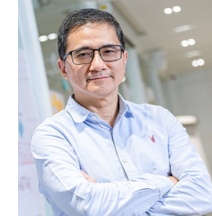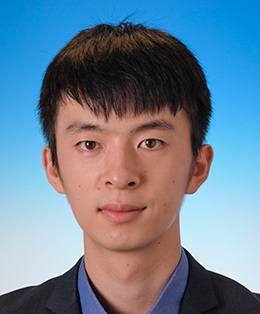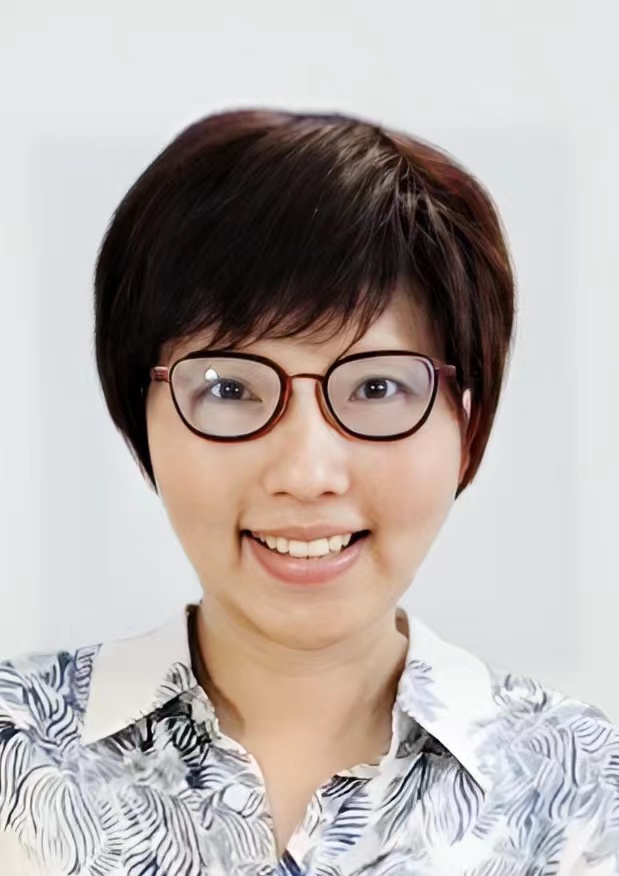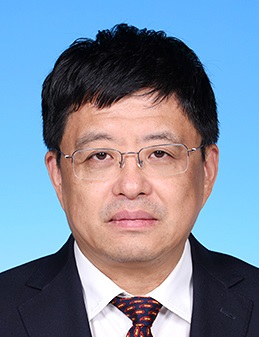July 2–12, 2025 | HKUST x Dongguan Songshan Lake
InnoBay Summer Camp 2025, was a transformative innovation bootcamp jointly hosted by the Division of Integrative Systems and Design of Hong Kong University of Science and Technology and strategic partners across the Greater Bay Area. The programme brought together undergraduate and postgraduate talents from various countries and over a dozen disciplines, all united by a passion for marine technology, sustainable solutions, and entrepreneurship.
Over ten immersive days, participants journeyed from the state-of-the-art HKUST campus in Clear Water Bay to the advanced manufacturing ecosystem at Dongguan Songshan Lake. The camp’s curriculum fused deep dives into design thinking, rapid prototyping, user research, and commercialization, with field visits and mentorship from technology leaders.
Through InnoBay Summer Camp, students experienced marine innovation from multiple perspectives: exploring Ocean Park’s animal habitats and workshops revealed the intricate care required for captive marine life, while direct engagement with Aberdeen’s fishing community provided invaluable, real-world insights into traditional fishing practices, vessel maintenance, and the operational realities of Hong Kong’s coastal industry.
What made the camp unique?
Real-World Problem Solving: Students tackled critical marine challenges, including aquaculture monitoring, red tide prediction, sustainable fisheries, and underwater communication.
Interdisciplinary Collaboration: The camp paired coders, designers, biologists, and engineers to break down silos and build integrated, deployable hardware-software systems.
Mentor-Led Acceleration: Each team had access to industry mentors and research leaders, many of whom fast-tracked project pilots and provided direct feedback.
Field Exposure: Tours of leading manufacturing and testing facilities, and talks with founders, gave participants a window into real innovation and supply chain integration in the Greater Bay Area.
📸 Spotlight Projects & Teams
🐟 AQUAREE: Real-time aquarium monitoring on mobile app for “Bubbles the Clownfish”
🌊 RT SHIELD: Red tide simulated response at test pond; three-stage active defense
👁️ SirenX: Live underwater talk test with OLED scroll screen
🎥 Strike-Cam: Catch footage streamed from 2km offshore rig—AI auto-tracked!
Please refer to the project catalog here InnoBay2025 Project Catalog.pdf for more information.
🔮 Looking Ahead
We believe the success of InnoBay Summer Camp 2025 as an idea-to-product accelerator has emboldened participants to strive for impact in their diverse fields of study and entrepreneurial ventures. As HKUST and ISD continue to spearhead youth technology entrepreneurship and foster greater inter-university collaboration, we are open to conversations with like-minded university and industry partners.
For more information, please reach out to us at isd@ust.hk.




